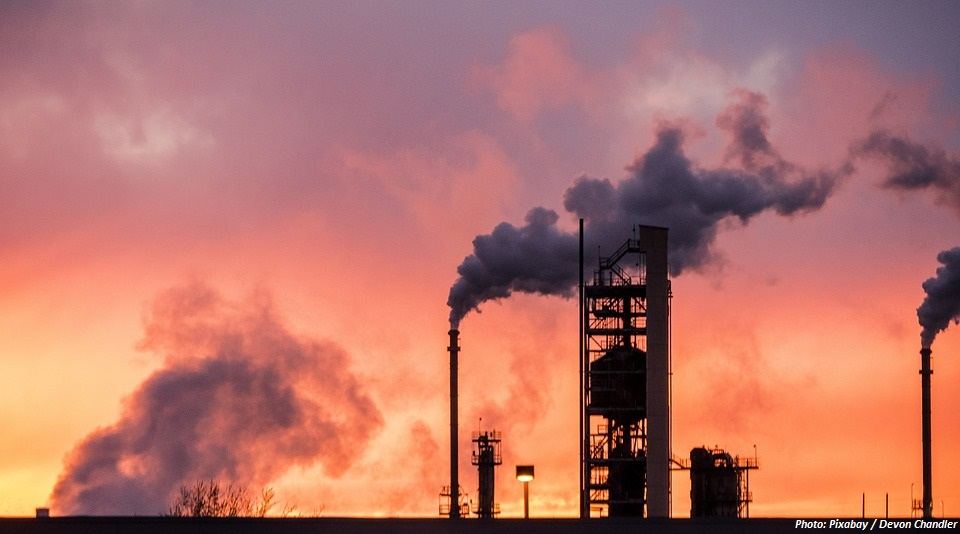BAKU, Azerbaijan, March 16. Global refinery throughputs are expected to increase by 1.8 million barrels per day (mb/d) year-on-year, Trend reports citing the latest oil market outlook from the International Energy Agency (IEA).
According to the report, world refinery runs are forecast to average 82.1 mb/d. At the same time, forecast has stayed unchanged from the last month's assessment.
"Stronger-than-expected refinery throughputs in January and the healthy margin environment lift our 1Q23 forecast by 0.4 mb/d. Furthermore, a higher assessment for Russian refinery intake in 2H23 is also incorporated into this report, following the initial signs that Russian oil export prices remain on average below the G7 price cap and buying interest for Russia products remains healthy. However, these changes are offset by upward revisions to maintenance forecasts for the balance of the year and a delay to the forecast start-up of the Dangote refinery in Nigeria," the IEA said.
As the agency noted, wide availability of discount Russian crude oil supplies and recovery of demand in China, after easing COVID-19 restrictions, increases the likelihood of short-term supply expansion.
"OECD January crude throughputs were marginally ahead of expectations at 35.6 mb/d, as European and North American refiners outperformed. In the coming months the rebound in OECD activity levels relies on a return of capacity from maintenance in the US, as well as in Europe, before Asia Oceanian runs enter a maintenance-driven dip in 2Q23," the report noted.
At the same time, new capacities in the US, the Middle East and Asia, as well as the continued recovery of the global oil demand, are expected to add the the refining activity growth.
"The further delay to the start-up of Nigeria’s Dangote refinery provides European refineries with a limited period of respite. Nevertheless, changes to one of Europe’s key export markets, and the simultaneous cuts in Nigerian crude export availability, may yet prove a difficult adjustment for some European refineries, even if this impact will be seen next year, rather than this," the IEA concluded.





